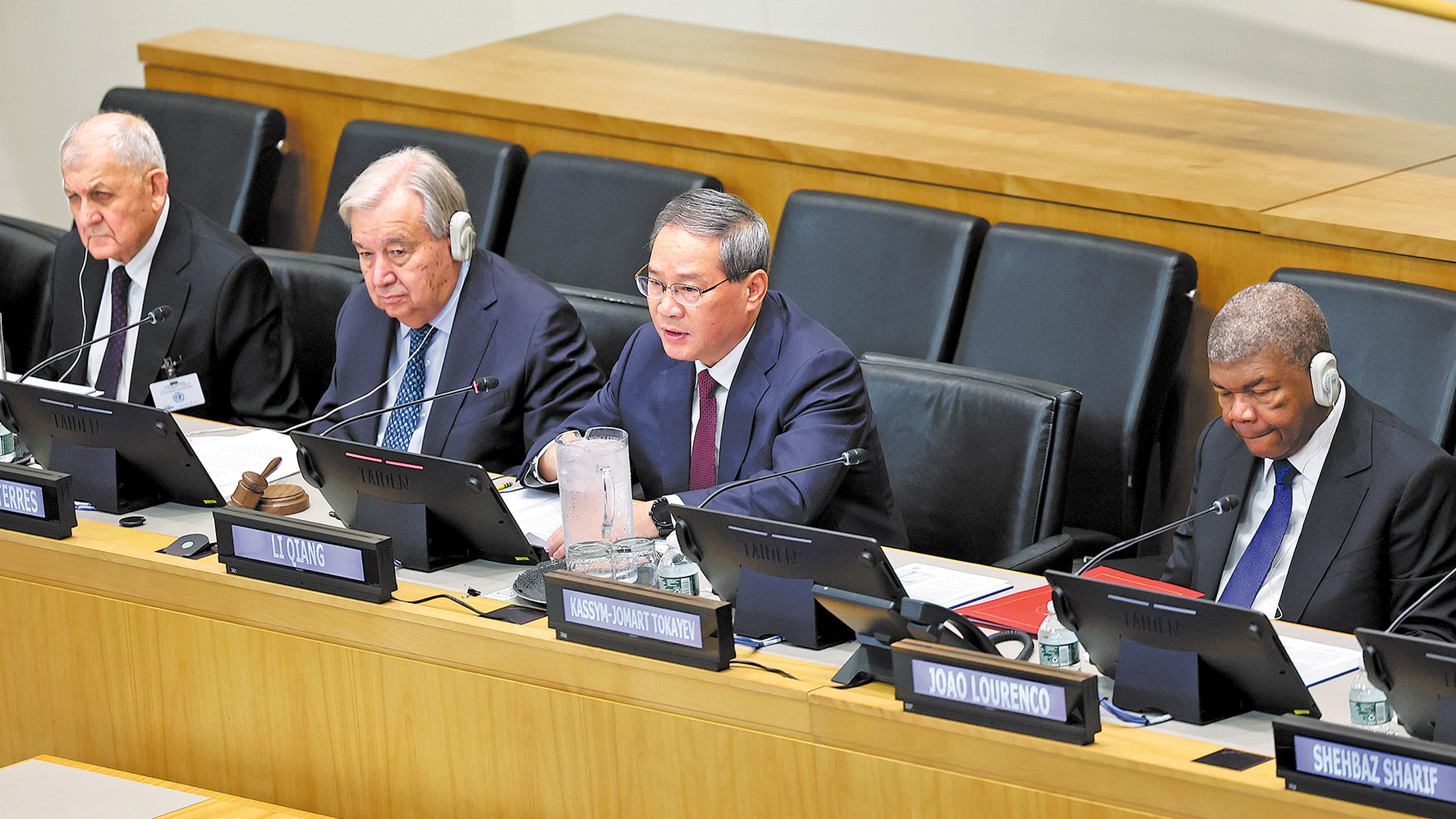
He Weiwen, Senior Fellow, Center for China and Globalization, CCG
Oct 09, 2025
China’s decision to forgo special rights in the WTO shows that it takes its great power responsibility seriously. It wants to advance trade cooperation with developed economies and with Global South. A trade upturn with the United States in 2026 is much anticipated.
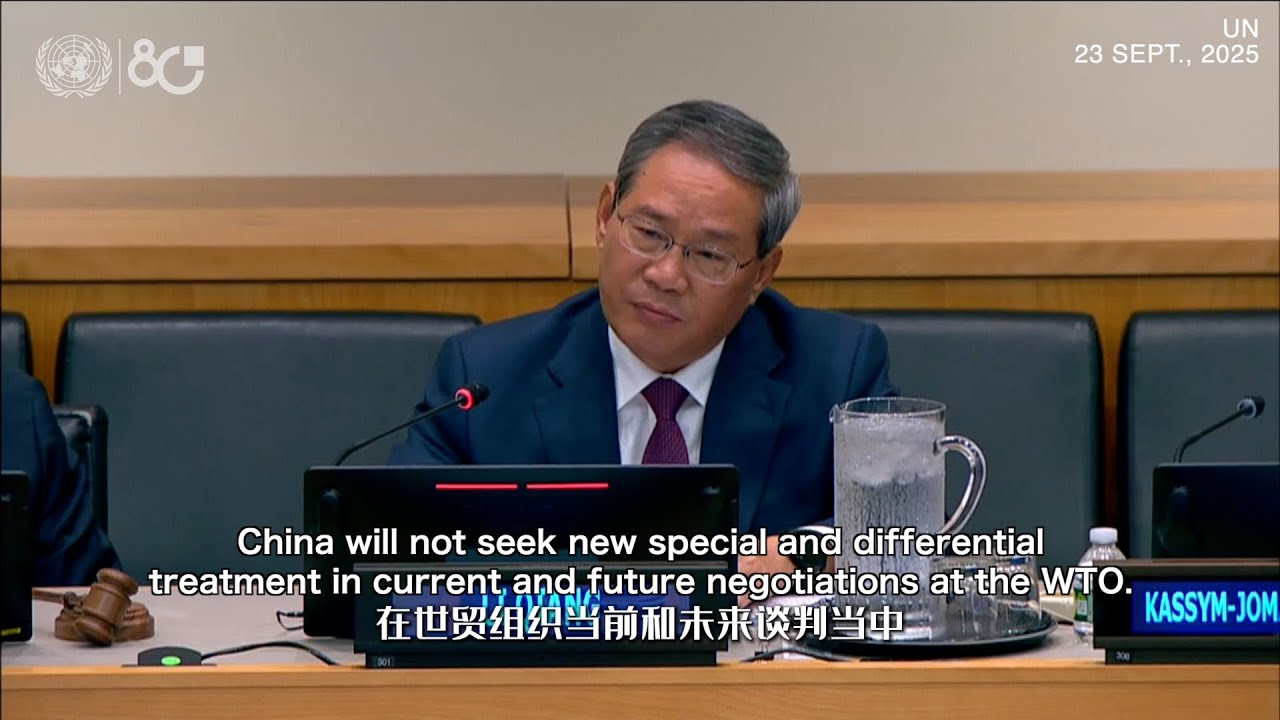
Zhang Monan, Deputy Director of Institute of American and European Studies, CCIEE
Oct 08, 2025
Beijing’s announcement regarding future World Trade Organization negotiations is strategic. It represents both a willingness to promote WTO reform and an institutional adjustment to support high-quality domestic development and opening-up to the world.

Yu Xiang, Senior Fellow, China Construction Bank Research Institute
Oct 02, 2025
Both the U.S. and China share an interest in preventing illicit finance, strengthening cybersecurity and ensuring global stability. What happens next will depend less on technology than on values and governance.

Wang Youming, Senior Research Fellow of BRICS Economic Think Tank, Tsinghua University
Sep 29, 2025
Given the profound changes in the international order and governance system, the diversification of international finance is an inevitable trend. Demand for an alternative global currency is becoming increasingly urgent.
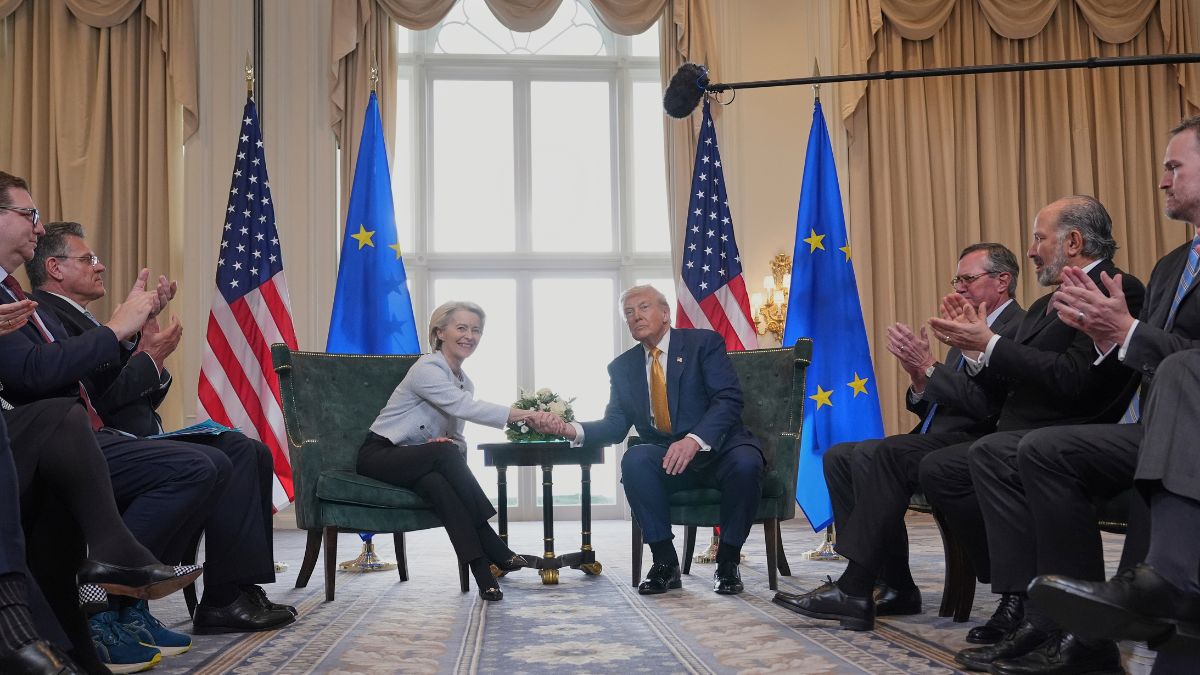
Zhang Monan, Deputy Director of Institute of American and European Studies, CCIEE
Sep 19, 2025
The U.S. president has upended the traditional liberal international order, recalibrated relations with allies and is poised to exert a profound influence on the global strategic landscape through transactional alliances.
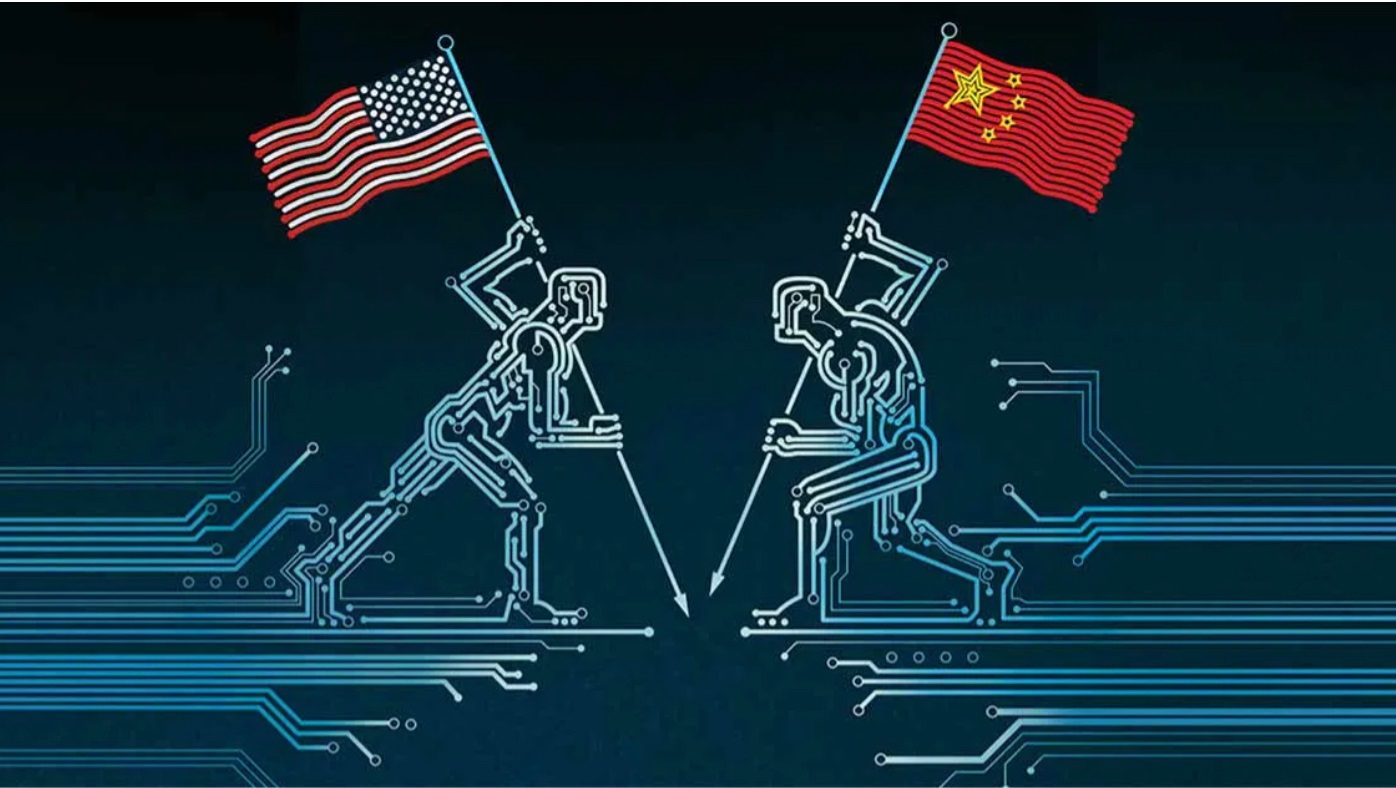
Christopher A. McNally, Professor of Political Economy, Chaminade University
Sep 19, 2025
The U.S. and China are locked in a new “Battle for the Commanding Heights,” centered not on ideology but on control of critical technologies such as chips, AI, and robotics. While the United States retains major advantages, China’s hybrid model of state guidance and private entrepreneurship gives it powerful momentum, and America risks losing its edge if it underinvests or misreads the competition.
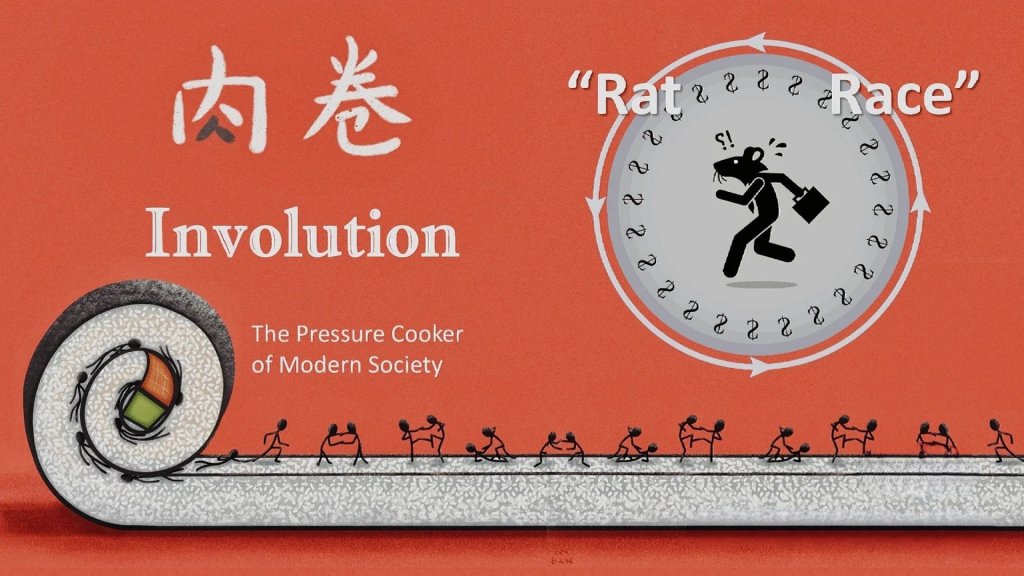
Brian Wong, Assistant Professor in Philosophy and Fellow at Centre on Contemporary China and the World, HKU and Rhodes Scholar
Sep 19, 2025
China’s economic struggles have implications for its trading partners across the globe, notably in Europe. What can Beijing’s fight against ‘involution’ tell the world about its future trading prospects?
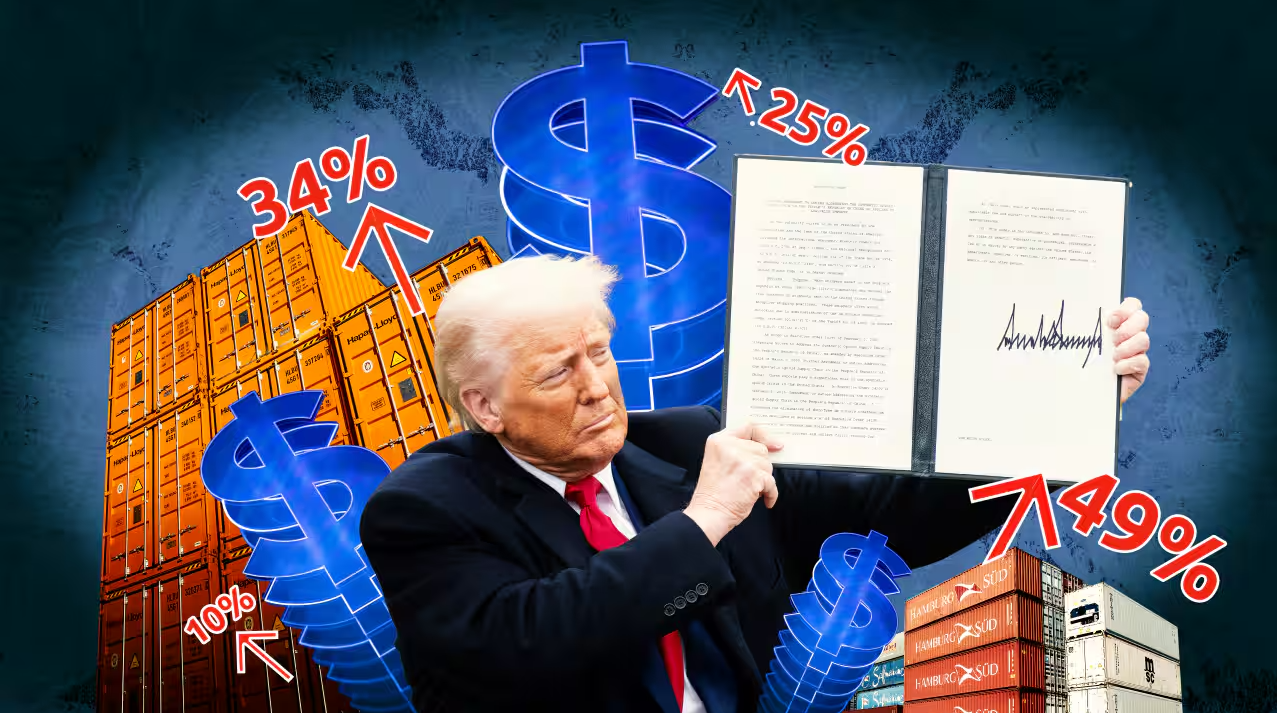
Lucio Blanco Pitlo III, President of Philippine Association for Chinese Studies, and Research Fellow at Asia-Pacific Pathways to Progress Foundation
Sep 12, 2025
America’s tariffs have remained a centerpiece of discussion in global trade since the White House announced them, with a clear, coherent path forward yet to emerge. In these first few historic months, how has the aggressive trade policy affected U.S. positions in Asia?
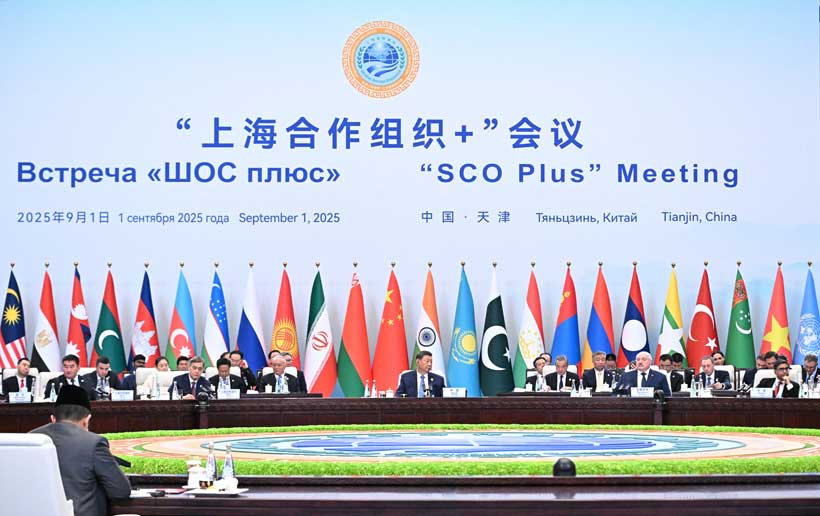
Zhang Wenzong, Associate Research Fellow, CICIR
Sep 12, 2025
It should not be difficult for politicians of insight to choose between joining hands to build a community with a shared future for mankind or becoming powerful countries’ pawns to fight and exhaust one another.
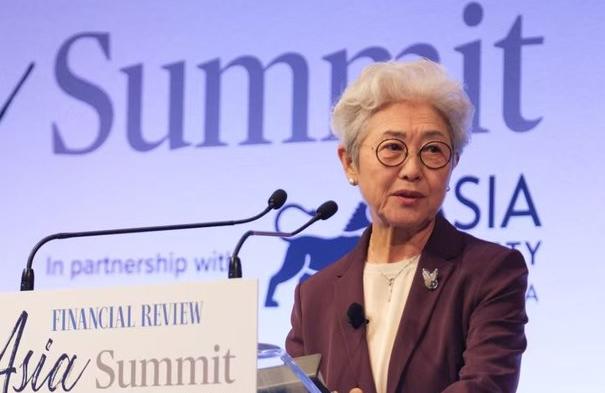
Fu Ying, Founding Chair of Center for International Security and Strategy, Tsinghua University; China's former Vice Minister of Foreign Affairs
Sep 12, 2025
Maintaining peace and stability in Asia and adjacent regions — fostering friendly and cooperative relations — is essential for China’s own security and prosperity. The focus must be on peace, development and building a community with a shared future.
Back to Top

- China-US Focus builds trust and understanding between the U.S. and China through open dialogue among thought leaders.
- Our Offerings
- Topics
- Videos
- Podcasts
- Columnists
- Research Reports
- Focus Digest
- Stay Connected
-
Thanks for signing up!
- Get the latest stories from China-US Focus weekly.